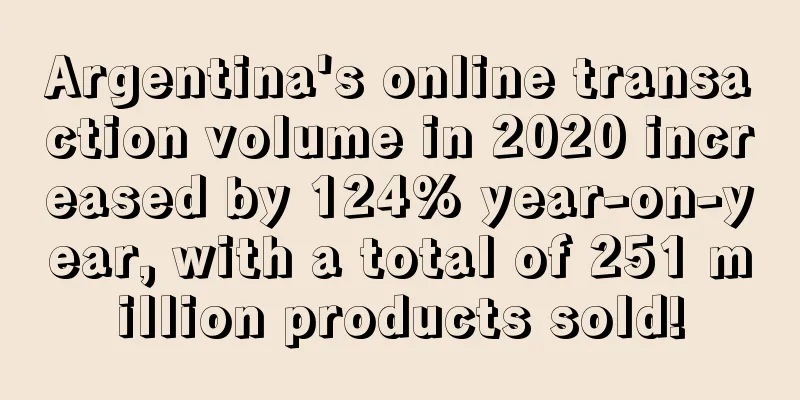Take action! One platform bans multiple fashion brands

|
Following last year’s ban announcement, Vstiaire Collective saw an increasing number of users returning to the platform to purchase better quality items and invest in second-hand goods.
To further promote a greener economic system, Vestiaire Collective worked with a committee of nine fashion and sustainability experts to create a clear definition of fast fashion and used this framework to ban industry giants from its site.
The platform said that banning fast fashion giants from appearing on Vstiaire Collective's website would spark controversy, however, as the climate crisis intensifies and 92 million tons of textile waste is discarded each year, it is a necessary step to reduce the environmental and social impact of the fashion industry.
With a lofty vision to change the way people consume, Vestiaire Collective hopes to use its platform to raise awareness of the issues of textile waste and overconsumption in fashion, and to encourage other big fashion brands to join the mission of changing the industry.
After a year of research and planning, Vestiaire Collective said they have "proudly" banned 30 brands, including well-known brands such as Abercrombie & Fitch, Gap, H&M, Mango, Uniqlo, Urban Outfitters and Zara.
Vestiaire Collective convened key industry experts to help create a framework for defining fast fashion based on five criteria of overproduction and overconsumption :
Low price: The product is priced below average to attract consumers
Product update speed: the speed at which new products or new series are released each year
Too many products: The number of products available to choose from within a certain time frame
Speed to Shelf: Production cycle time from design stage to finished product storage
Over-promotion: frequency and intensity of promotions
Dounia Wone, managing director of Vestiaire Collect, said: “The decision to ban fast fashion is to support the work that Vestiaire Collective has been doing for a long time. Fast fashion brands have contributed to excessive production and consumption, with devastating social and environmental consequences around the world. We have a responsibility to take action and take the lead to get other industry players to join this movement. Together, we can make an impact.” Fast Fashion E-commerce |
<<: Temu wins lawsuit against US copycat website!
Recommend
What is Meishen Technology? Meishen Technology Review, Features
Meishen Technology (Wuhan Meishen Technology Co., ...
UK retailers lose £39.4bn in potential sales
British retailers are losing tens of billions of ...
What is Lingling Gangenmai? Lingling Gangenmai Review, Features
Lingling Catch Follow-up Sales is an intelligent f...
Raised $2.5 million! Australian e-commerce platform Nile may go public
The epidemic has prompted a change in the way con...
The Real Situation of Amazon Returns – Return, Process, Liquidate or Resell?
Tobin Moore, CEO of returns solutions provider Op...
What is Vendor Central(VC)? Vendor Central(VC) Review, Features
VC refers to Vendor Central, which is a platform ...
The UK strike continues to ferment, and small and medium-sized sellers suffer heavy losses
According to foreign media reports, large-scale s...
What is CPC? CPC Review, Features
CPC stands for Cost Per Clicks, also known as PPC...
After submitting information many times without success, Amazon Canada seller NHP was removed
Recently, an Amazon seller reported that five of ...
FedEx restores 2022 profit target, shares surge
The latest news is that U.S. express delivery com...
Russian home appliance platform Holodilnik.RU has 6.3 million users
Data shows that the platform's online store t...
What is BONPRIX? BONPRIX Review, Features
BONPRIX is an international fashion company with ...
What is Cashbox Logistik Gmbh? Cashbox Logistik Gmbh Review, Features
Eucashbox Logistik was founded in 2014. It is a hi...
Indonesia's export trade standards are stricter and may be reformed
Recently, according to foreign media reports, due...
Japanese whisky continues to be popular, and Tmall Double 11 fans are eyeing more niche wines
Japanese whisky has quietly become popular in the...









